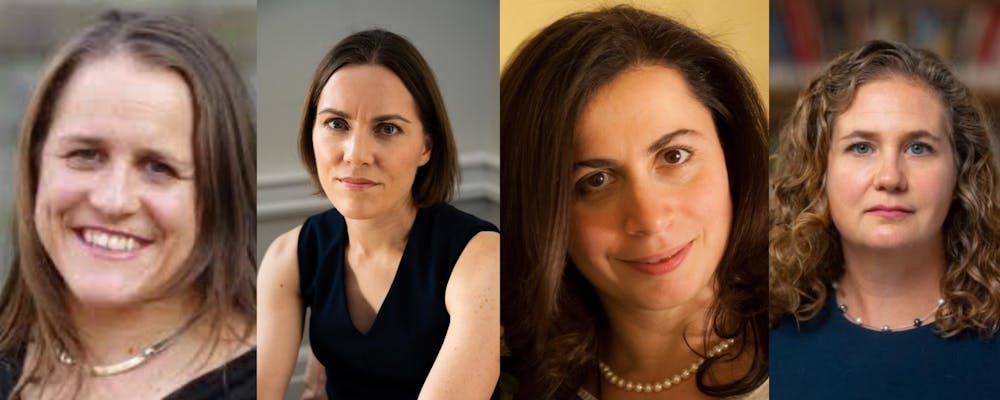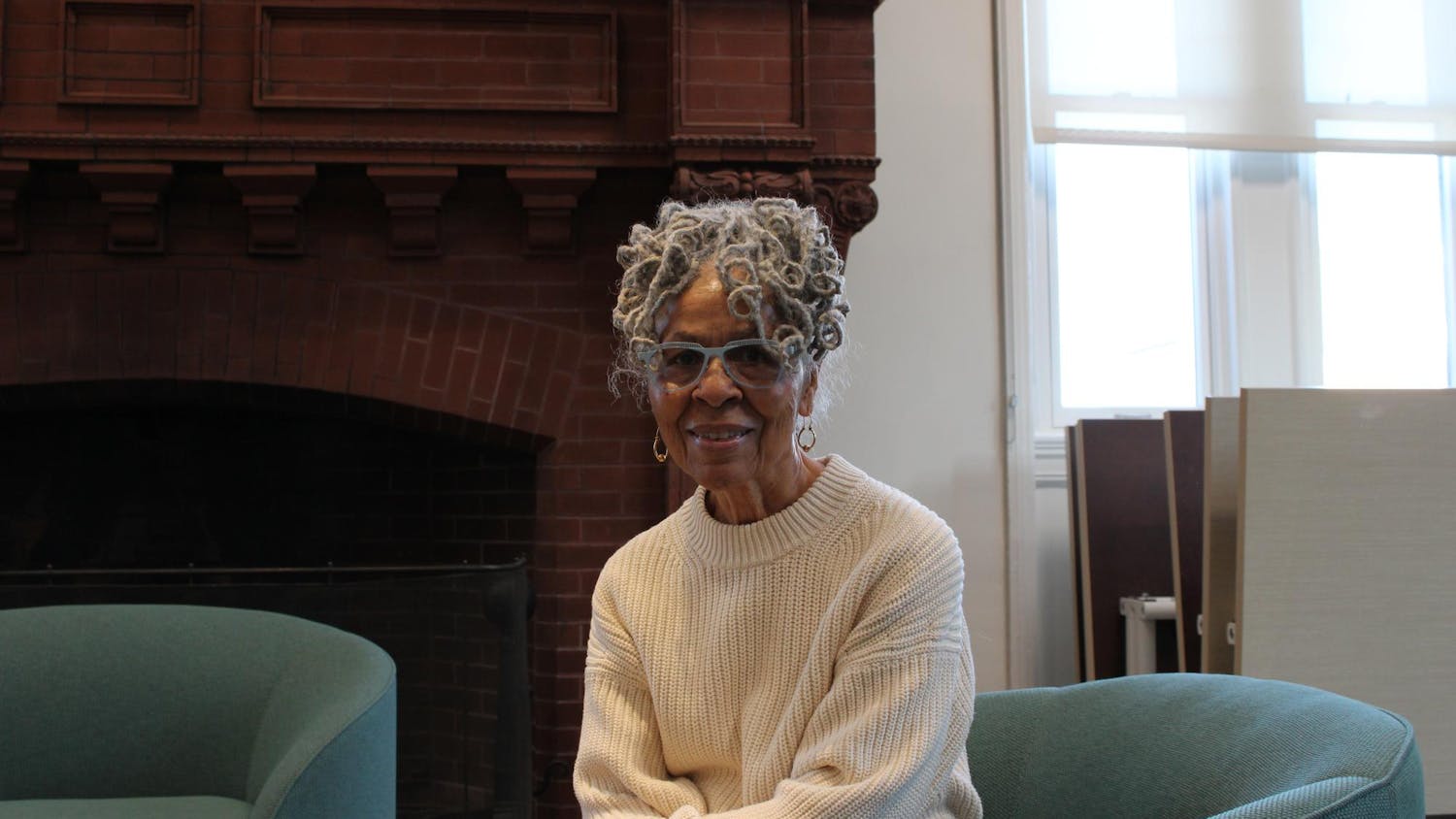The University awarded four researchers grants totaling $226,536 through the Pandemic Response Policy Research Fund, which supports research projects that address the impacts of the COVID-19 pandemic on public health, fiscal policy and education in the United States, according to an April 17 University press release.
The University established the Pandemic Response Policy Research Fund after the Peter G. Peterson Foundation — a nonpartisan and nonprofit organization that looks to increase “awareness and (accelerate) action on America’s long-term fiscal challenges” — awarded Brown $1 million in 2022.
Faculty were invited to submit research proposals to the University and projects were selected on their potential “to contribute to understanding pandemics … (and) provide new knowledge or solutions that will impact policy,” according to the University’s application guidelines.
The University allocated a part of the fund to nine researchers last year and completed the awards with this year’s four recipients, which include: Jennifer Nuzzo, professor of epidemiology; Emily Oster, professor of economics; Anna Lysyanskaya, professor of computer science; and Claire Wardle, professor of the practice of health services, policy and practice.
Nuzzo, who is also the director of the University’s Pandemic Center, said she is looking to use her grant funding to establish a pandemic-testing playbook to “spell out the strategy and the key decisions that need to be made at various stages” of the pandemic.
The idea of this project came to fruition during the outbreak of mpox — more commonly known as monkeypox — last summer, when Nuzzo saw similar challenges arise as during the early days of COVID-19.
The United States did not have an “adequate strategy for implementing … diagnostic testing,” Nuzzo explained. She hopes that the new playbook will prevent repeated mistakes.
The funding came at “just the right time,” according to Nuzzo, who feels that there is a “great sense of urgency” surrounding her research right now.
Oster aims to use her award to address the impact of COVID-19 on student mental health and academic outcomes. The award allows Oster’s team to perform additional analysis on research they are already working on and publish the results “for the public, especially policymakers and education leaders,” she wrote in an email to The Herald.
Oster’s research explores the impact of different school learning models on student health outcomes. She is currently conducting research on “academic recovery in the wake of the COVID-19 pandemic and the significant learning loss (of) students.”
“There are so many factors impacting recovery right now — including a historic influx of federal funding,” Oster explained. But she hopes her team “will identify some of the levers that … (make) a critical difference for students.”
Privacy and confidentiality were also major concerns throughout the COVID-19 pandemic, especially regarding vaccinations, according to Lysyanskaya. Using her award, Lysyanskaya looks to use privacy-preserving technology to create vaccination credentials alongside her student advisee, Scott Griffy GS.
Apps that provide digital vaccination credentials “reveal a lot of information about their users, and this information may potentially be sensitive,” Lysyanskaya wrote in an email to The Herald.
Lysyanskaya has previously conducted research on privacy-preserving apps. “These pandemic-related apps are proliferating, and hopefully making all of us safer from viruses,” she wrote. But the question is if they can “also do so while respecting privacy.”
For Wardle, accessibility is a major issue when it comes to scientific research. Wardle said she plans to use her grant funding to ensure the “findings of (her) research (are) translated in a really useful way.”
Wardle and her team are currently working on a literature review that will record “global misinformation intervention efforts” and provide “best practice” guidance on how to reduce COVID-19 misinformation.
The grant money will allow the team to conduct interviews with government agencies and communication specialists that will help design a website to address the specific needs brought up during these discussions.
Before coming to Brown, Wardle ran a nonprofit and worked alongside government officials, journalists and other front-line communications workers. From this, she understood that many “were hungry for this evidence synthesis,” she said.
“We've got to get much more organized,” Wardle said. “We need to really think about building an evidence space, as opposed to working individually.”

Ryan Doherty was the managing editor of digital content and vice president of The Herald's 135th editorial board. He is a junior from Carmel, NY who is concentrating in chemistry and economics. He previously served as a university news and science & research editor, covering faculty and higher education.





